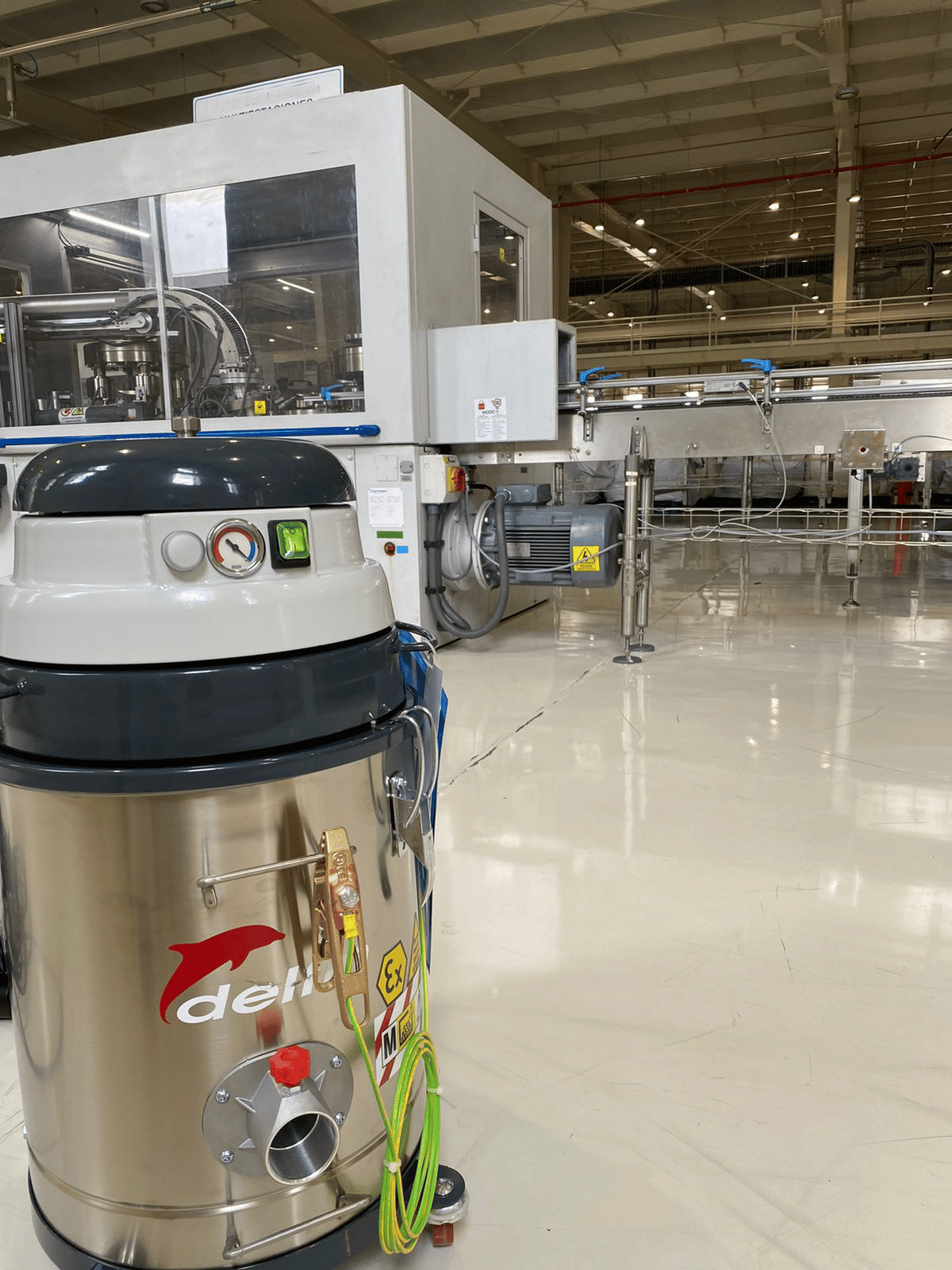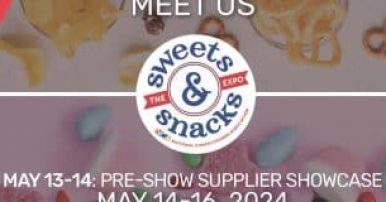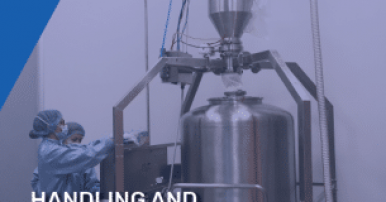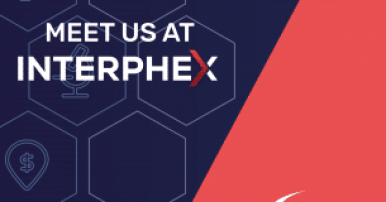Regulatory compliance with the standards set by the National Fire Protection Association (NFPA) and the Occupational Safety and Health Administration (OSHA) requires that manufacturers operate using certified equipment. For certification to take place, the equipment must go through a testing at a NRTL (Nationally Recognized Testing Laboratory). This is the case for nearly every operation in the United States and abroad (although their compliance organizations are slightly different).
The reason why NFPA (and subsequently OSHA) requires certified equipment for compliant operations is for the protection of workers from fires or explosions. Some industries may only require certified sprinkler systems and machinery, while others require much more.
When it comes to operational housekeeping, all manufacturers should have industrial vacuums on hand. But certain industries, particularly those whose operations produce combustible dust, require NRTL certified industrial vacuum cleaners for compliance with the NFPA standards.
In this post, we’ll dive into the different manufacturing industries that should have certified vacuums as well as the reasons why they’re so important.
Pharmaceutical Operations
Operations in the pharmaceutical industry regularly deal with combustible dust. In fact, in early 2003 a plant for West Pharmaceutical Services in North Carolina exploded due to combustible dust that had suspended and accumulated around the ceiling. Unfortunately, six people were killed as a result of this incident.
West Pharmaceutical produced medical devices and their production often resulted in suspended particles of fine plastic powder. Of course, plastic isn’t the only type of material that’s combustible in pharmaceutical manufacturing.
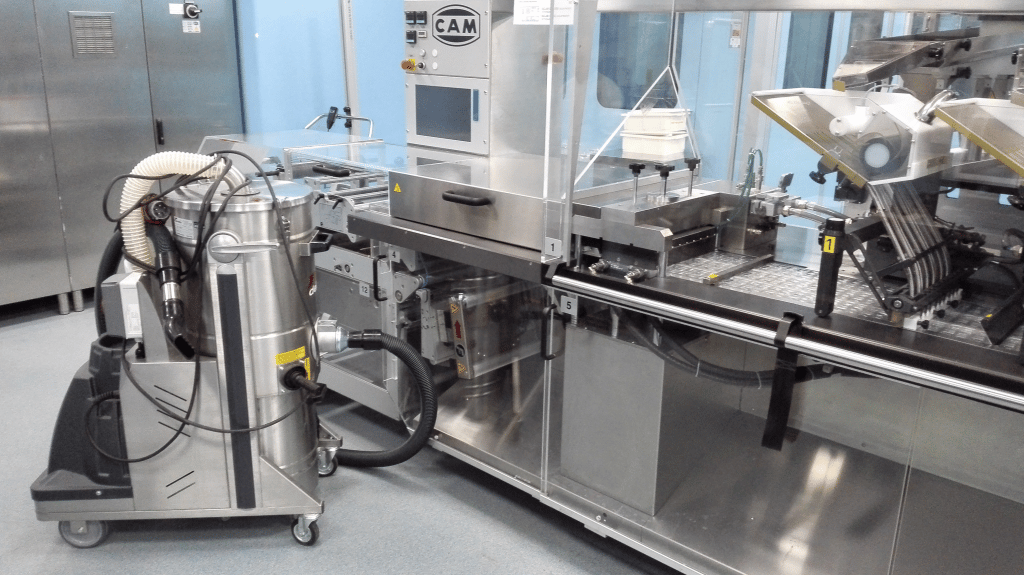
Food Processing
This may be surprising to some. We typically don’t associate food with fire risks. But food dust can be highly combustible. In truth, any material that can potentially catch fire is an explosion risk when reduced to a fine powder. Common dust in food and agricultural processing may include gluten, cornstarch, rice flour, spice dust, xanthan gum, sugar and many others.
Additive Manufacturing
In today’s age, additive manufacturing is becoming more and more common thanks to a surge in the development of 3D printing technologies. Where subtractive manufacturing removes materials to develop a part or tool, additive manufacturing starts with deconstructed or powdered material and builds the part. Oftentimes, this material contains combustible dust within the material used to build the parts.
So, the combustion danger here not only relates to the accumulation of dust particles from the manufacturing process (as is the case with other industries) but the explosion danger is inherent in the industry itself. Additive manufacturers should take extra housekeeping measures to ensure a compliant and safe environment.
Chemical Processing
Chemical processing is a broad industry, encompassing products included in industries like pharma, agriculture, transportation, and much more. By nature, there are certain hazards involved in chemical processing and these plants have strict regulations they must follow – the use of certified electrical equipment, of course, being one of them.
Note also that in addition to the use of certified industrial vacuum cleaners, chemical processing plants can also benefit from a pneumatic conveyor system for safe dust handling and cross contamination prevention.
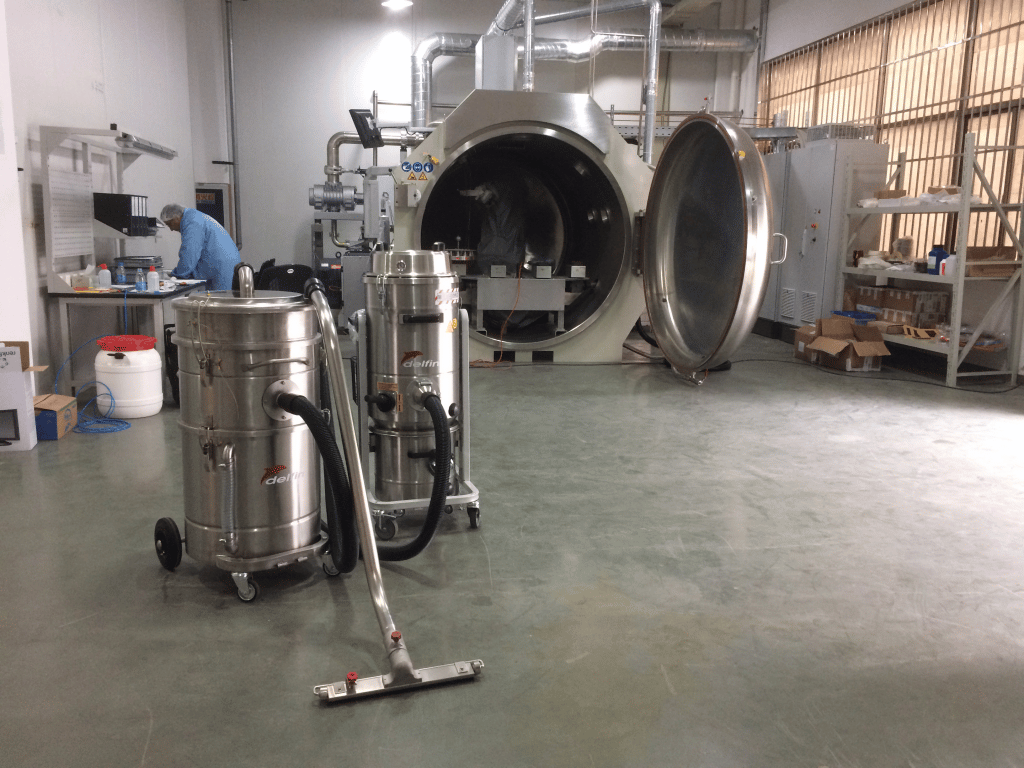
Forestry, Paper & Textiles
No post on explosion-proof certified vacuums would be complete without mentioning those manufacturers working with wood and textiles. Sawdust and fabrics are seriously flammable materials and while that may be obvious to many manufacturers in the industry, one can’t be too careful when it comes to operational cleanliness. If you’re in this industry, be sure your industrial vacuum is up to date and compliant.
What Is an NRTL?
Nationally Recognized Testing Laboratories (NRTL) are labs in which equipment may be tested for use in potentially hazardous environments. In productions involving combustible dust, for example, the NRTL will test the equipment to see if it could produce static or otherwise ignite flammable materials.
Explosion-proof electrical equipment must be approved for their specific Class, Division and Group locations such as these, per the requirements found in 1910.307.
NRTL Certified, Explosion-Proof Industrial Vacuum Systems from Delfin
At Delfin, our team of engineers work together to ensure compliant vacuum designs for a wide range of industry needs. And if you can’t find the vacuum specs you’re looking for, we have the capability to customize your order as needed.
For over 30 years we’ve been a go-to industrial vacuum and dust collection partner for companies around the globe. Our aim is to increase your housekeeping efficiency and operational safety so you can focus on what matters most to you.
Have questions? Give us a call or contact us online to learn more.

